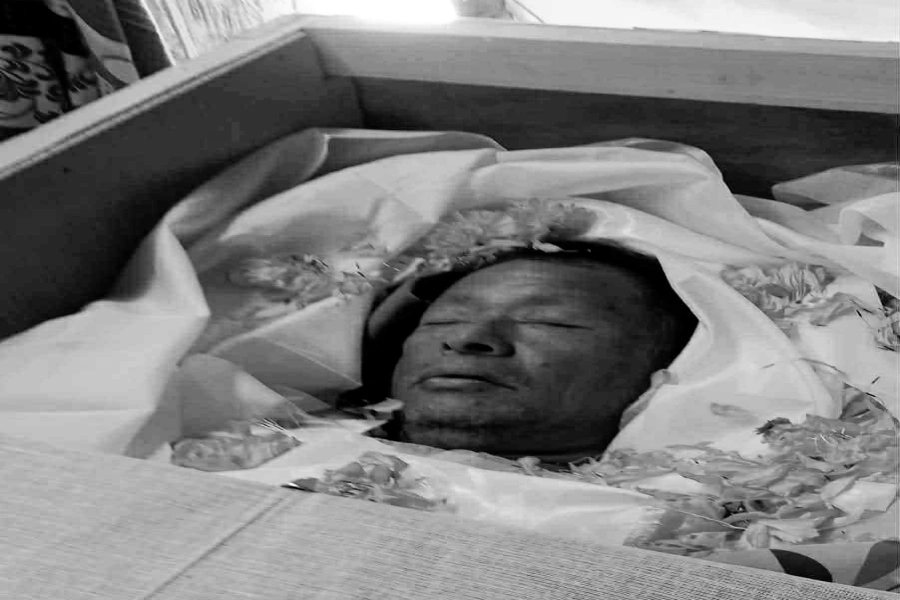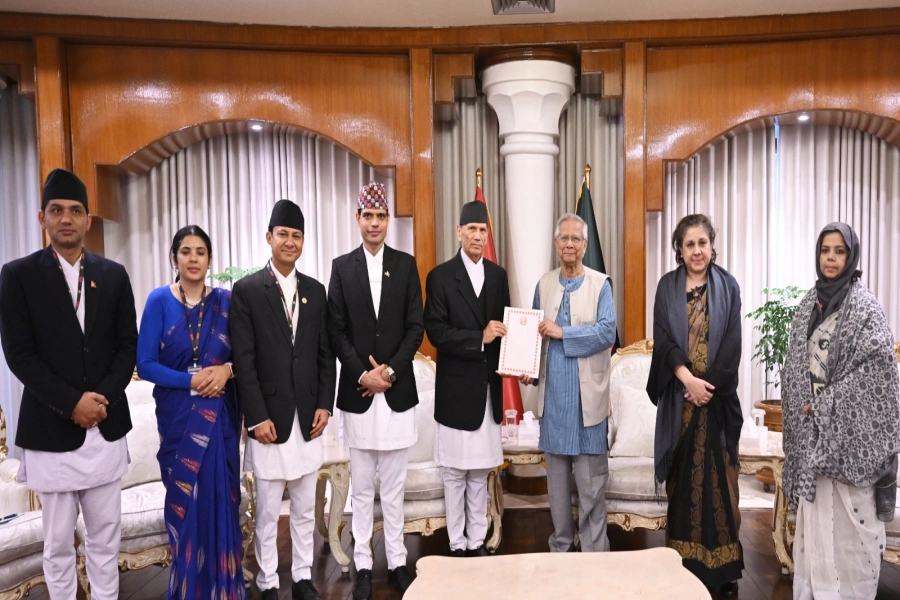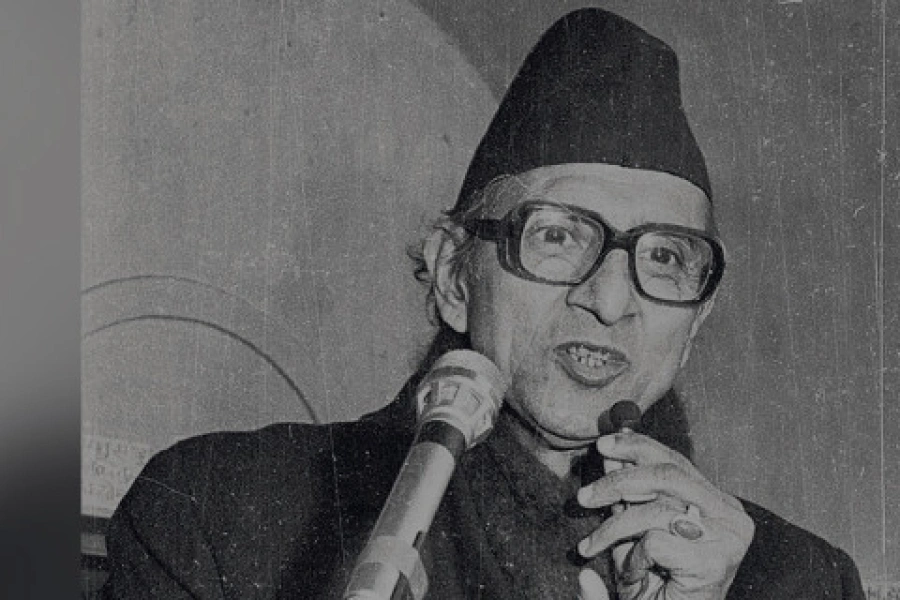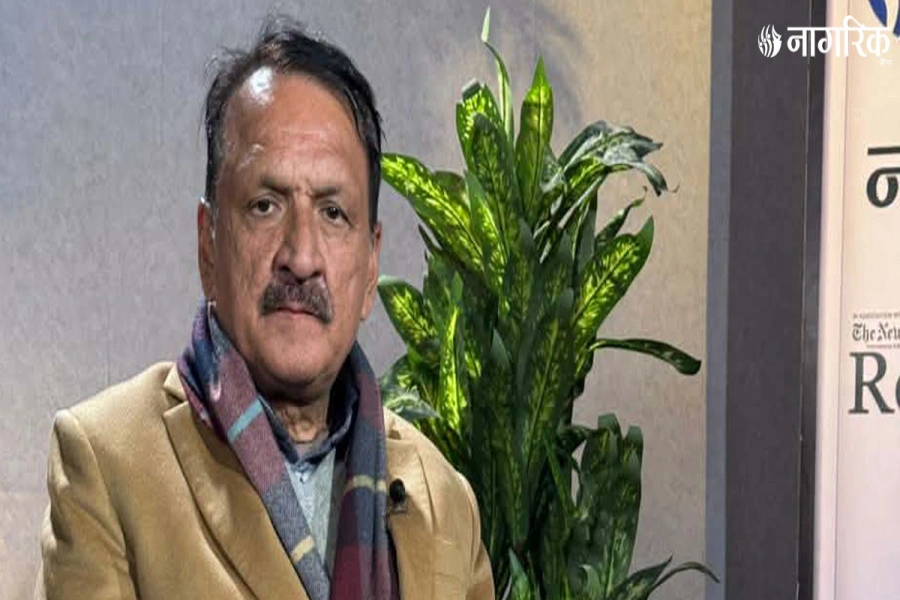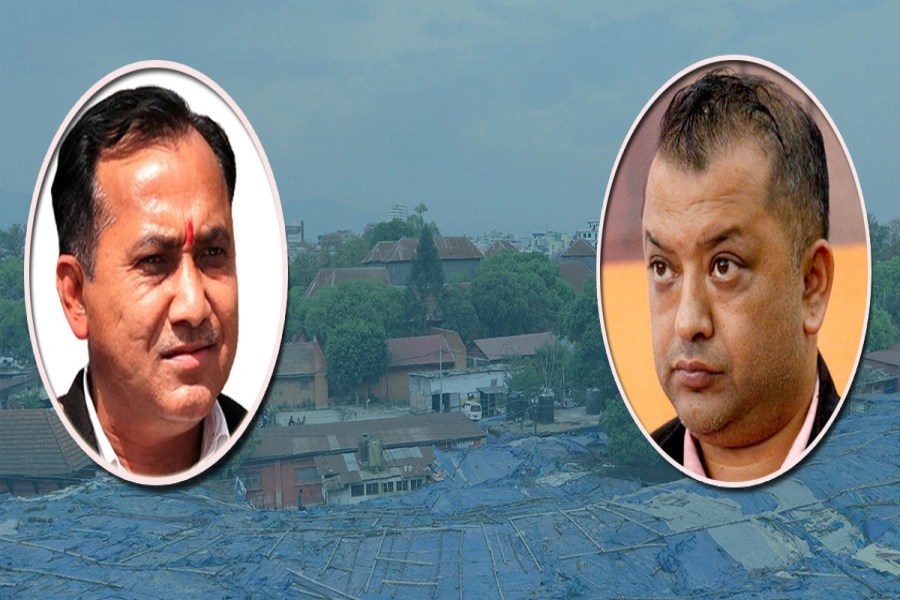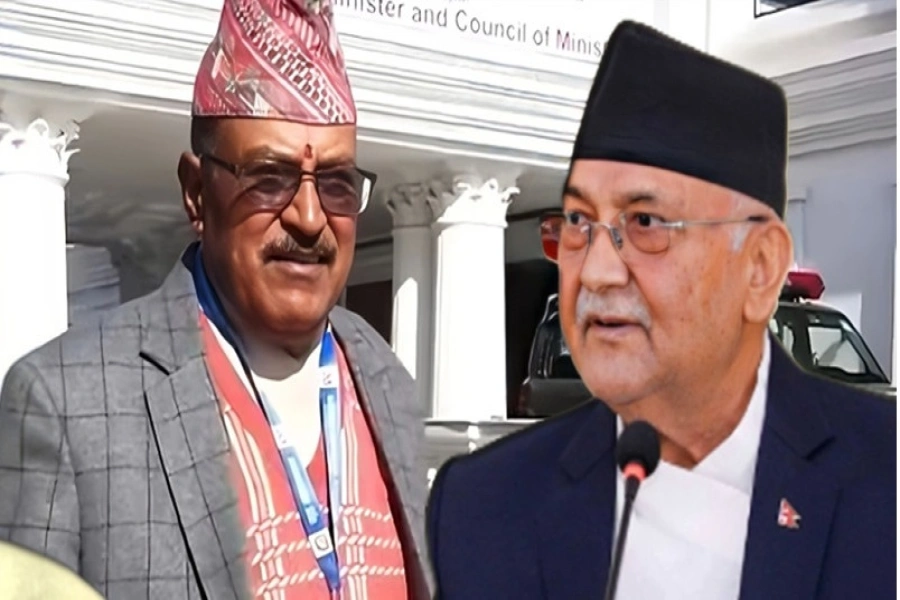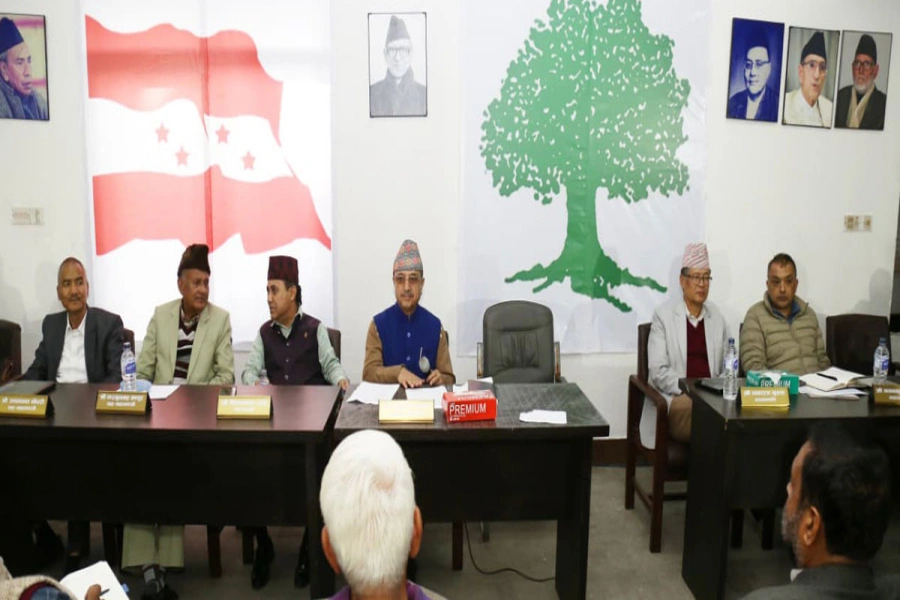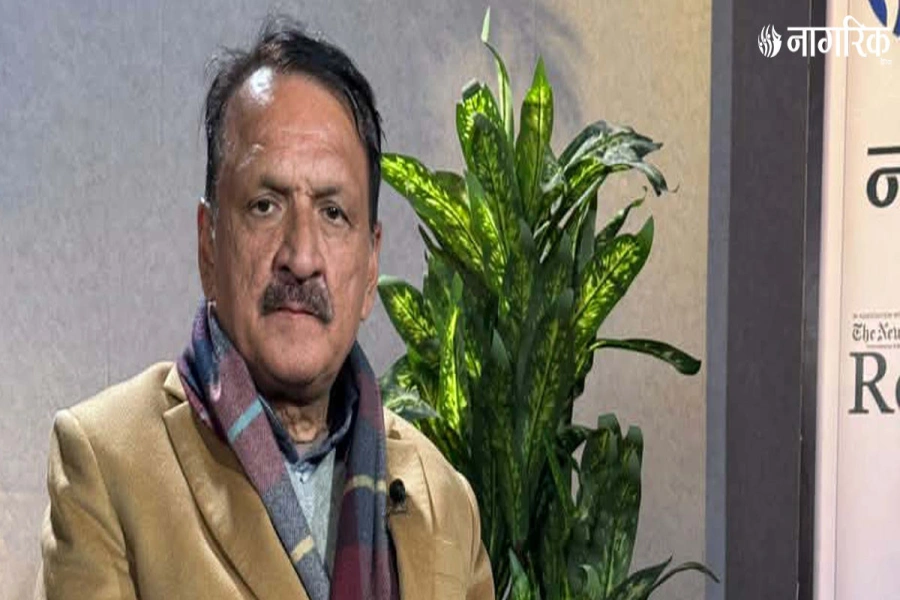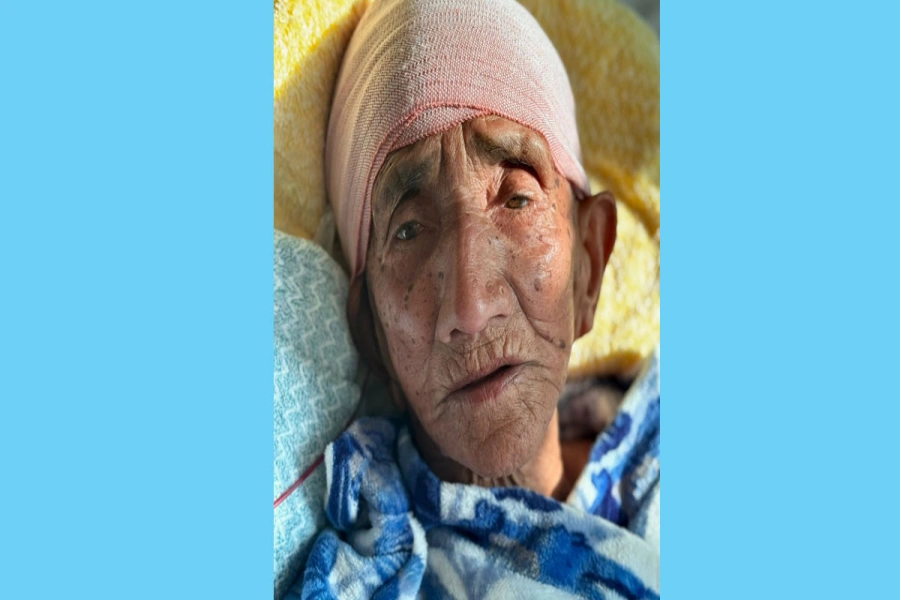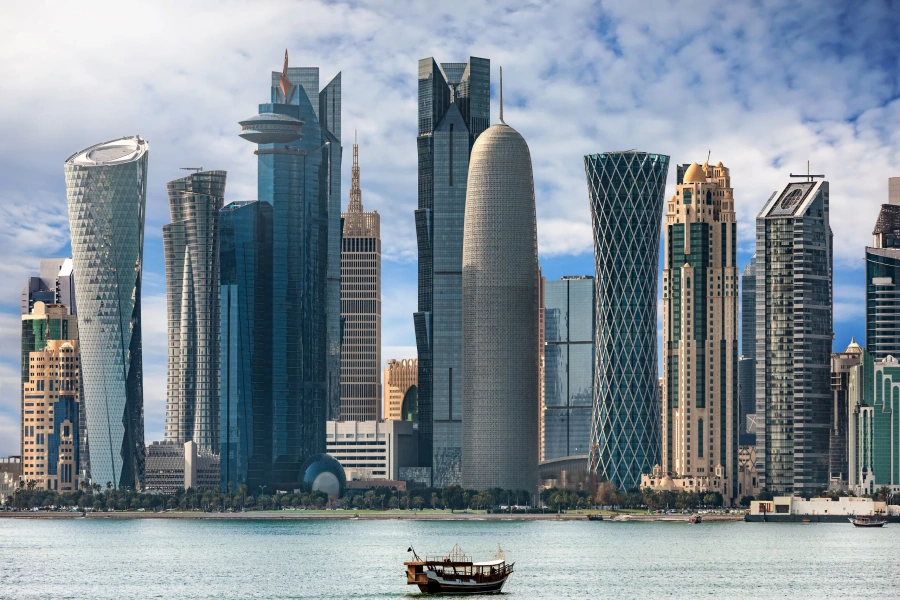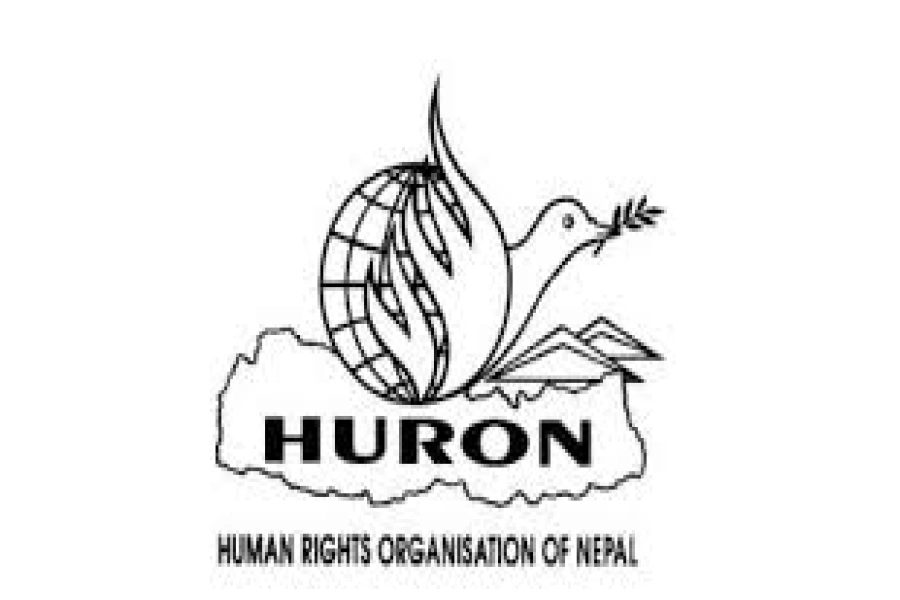Nepal should develop a migration diplomacy to safeguard rights and welfare of migrant workers, while maintaining long-term economic interests in the Gulf countries and beyond
As a migrant-sending state, Nepal currently faces multi-layered domestic and foreign policy challenges in engaging with the major destination countries like the Gulf nations due to its weak position in global migration system. Compounded with relatively limited bilateral ties and institutions, Nepal’s sovereign legitimacy has further continued to be challenged by the complex and global presence of exploitative and corrupt transnational brokers, employers, and other entities that capitalize on migrants’ decisions. This specific dilemma not only undermines the Nepali state’s capacity to secure the labor rights, justice and welfare for their migrants, but also demands strong institutions and aggressive diplomatic engagement to end migrants woes in the Gulf and beyond.
While Nepal’s policy of discouraging long-term labor migration is both admirable and contradictory, the predominant reality is that a large number of Nepalis have already been living and working outside the country. Yet, despite their large-scale presence globally, the Nepali state has continued to face challenges in establishing stronger and coherent transnational welfare protection system focused on pro-migrant workers regime. The Nepali state has also not fully explored other critical bargaining factors—agriculture, technology, manpower, tourism—that could be potentially utilized in order to better negotiate with destination countries. Thus Nepal should seriously consider the potential of migration diplomacy as a vital lens in framing its labor migration as a foreign policy strategy in the long run.
Corridor knowledge
Nepal Labour Migration Report 2022 launched

To compete against other more developed migrant-sending Asian states, Nepal needs to better integrate a deep ‘corridor knowledge’ in the context of Nepal-Gulf migration corridor. The Gulf labor markets will advance the use of technology, mechanizations, artificial intelligence among others, which could indirectly replace manual, repetitive labor in the construction and other service-based sectors.
The Nepali state should, in particular, rigorously analyze the Gulf states’ national visions, agendas, and initiatives to design more robust domestic and foreign policy strategies and potentially achieve a stronger market position vis-à-vis other Asian sending states in the Gulf. These built-in perspectives and visions not only reflect the Gulf countries’ prevailing interests and approaches but can also inform the Nepali state about the possible inter-bargaining approaches and methods in negotiating both the rights and welfare of migrants, as well as its bilateral trade relations in the long run.
More specifically, collecting Gulf knowledge-based market and policy insights is functionally imperative. By working closely with the Gulf-based experts in the economy, labor markets, diplomacy, and politics, the Nepali state will be able to strategically understand the labor market competitions, challenges, and opportunities in the Gulf countries’ emerging sectors. Joint research partnerships between Nepali state and its NGOs or academic or policy institutions needs to foster deeper partnerships with Gulf-based academic, private sector and government research entities to develop long-term inter-regional research collaboration. This particular approach can bring in essential corridor knowledge necessary to the development of Nepal’s migration diplomacy approach.
Multi-sector links
The Nepali state should also build deeper, more multi-sector strategic links with the Gulf countries, the private sector, think-tanks, and individual experts across the Gulf region. With information asymmetry ubiquitous across the Gulf labor markets, the Nepali state has to aggressively capitalize on the existing experts’ regional knowledge to enhance its labor market promotion and protection in the private sector—such as branding Nepal’s skilled workforce—and design future migration diplomacy tactics in developing bilateral project collaboration with the Gulf states.
Direct participation in various private, government and consultative dialogues and meetings are specifically powerful avenues in tightening diplomatic relationships with the Gulf countries. Building vibrant linkages and relationships between the Nepali state officials and the Gulf-based state and non-state actors is powerful tool in developing a holistically broader long-term diplomatic collaboration. Thus, the Nepali state should expand, carefully understand and exploit the future structural demands, weaknesses, and opportunities in the Gulf labor markets.
Future of migration
As the Nepali state continues to proactively develop new federal and local migration governance mechanisms to end migrant precarity, the concept of migration diplomacy should be thoroughly considered, while using a migrant-centric approach in its foreign policy model and design.
As Nepali migrants further contribute to the country’s national economy—by at least 30 percent in 2018—the Nepali state should creatively identify various ways to reciprocate its migrant contributions with strong institutions and diplomatic assistance. For example, given that the future of work and skills in the Gulf will further require more training certifications, the Nepali state should strategically equip migrant workers with rigorous market-based training and certification to secure better contractual conditions, wages, mobility, and a dignified life in the future.
More importantly, Nepal needs to exploit and deepen collaborations with other senior officials in various consultative dialogues like the Abu Dhabi Dialogue and the Colombo Process to develop national, bilateral or corridor pilot projects with other migrant-sending countries or the Gulf states to test their migration institutions and policies. These suggestions will not only arm Nepal’s top diplomats to tactically develop, frame, and negotiate with destination countries, but also further develop Nepal’s long-term migration diplomacy in the long run.
Froilan Malit Jr is an associate at the Gulf Labor Markets Migration (GLMM), a visiting scholar at Zayed University and a research fellow at the University of the Philippines. Anurag Devkota is a human rights lawyer at Law and Policy Forum for Social Justice, Kathmandu



